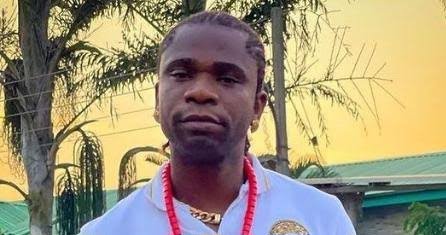BIG STORY
BREAKING: FG Scraps Post UME, Pegs JAMB Cut-Off At 180
-

 BIG STORY4 days ago
BIG STORY4 days agoNational Assembly Passes Life Imprisonment Bill For Nigerian Drug Traffickers
-

 BIG STORY2 days ago
BIG STORY2 days agoDiscos May Move Three Million Subscribers To Estimated Billing Over Failure To Upgrade Prepaid Meters
-

 BIG STORY4 days ago
BIG STORY4 days agoUPDATE: We’re Ready To Provide Evidence For Trial Of Simon Ekpa — Enugu Government
-

 BIG STORY2 days ago
BIG STORY2 days agoDonors Supporting Simon Ekpa Guilty Of Terrorism — Lawyers
-

 BIG STORY2 days ago
BIG STORY2 days agoBritish Court Orders David Hundeyin To Pay N200million As Damages To BBC Journalist For Libel
-

 BIG STORY1 day ago
BIG STORY1 day agoJUST IN: Ebonyi Governor Suspends Health, Housing Commissioners Over “Gross Misconduct, Negligence Of Duty”
-

 BIG STORY4 days ago
BIG STORY4 days agoMuch Ado About Meddlesome Minions, And Messengers Of Misinformation — By Tayo Williams
-

 BIG STORY19 hours ago
BIG STORY19 hours agoJUST IN: Customs Hands Over 21 Stolen Vehicles To Canadian Government

























